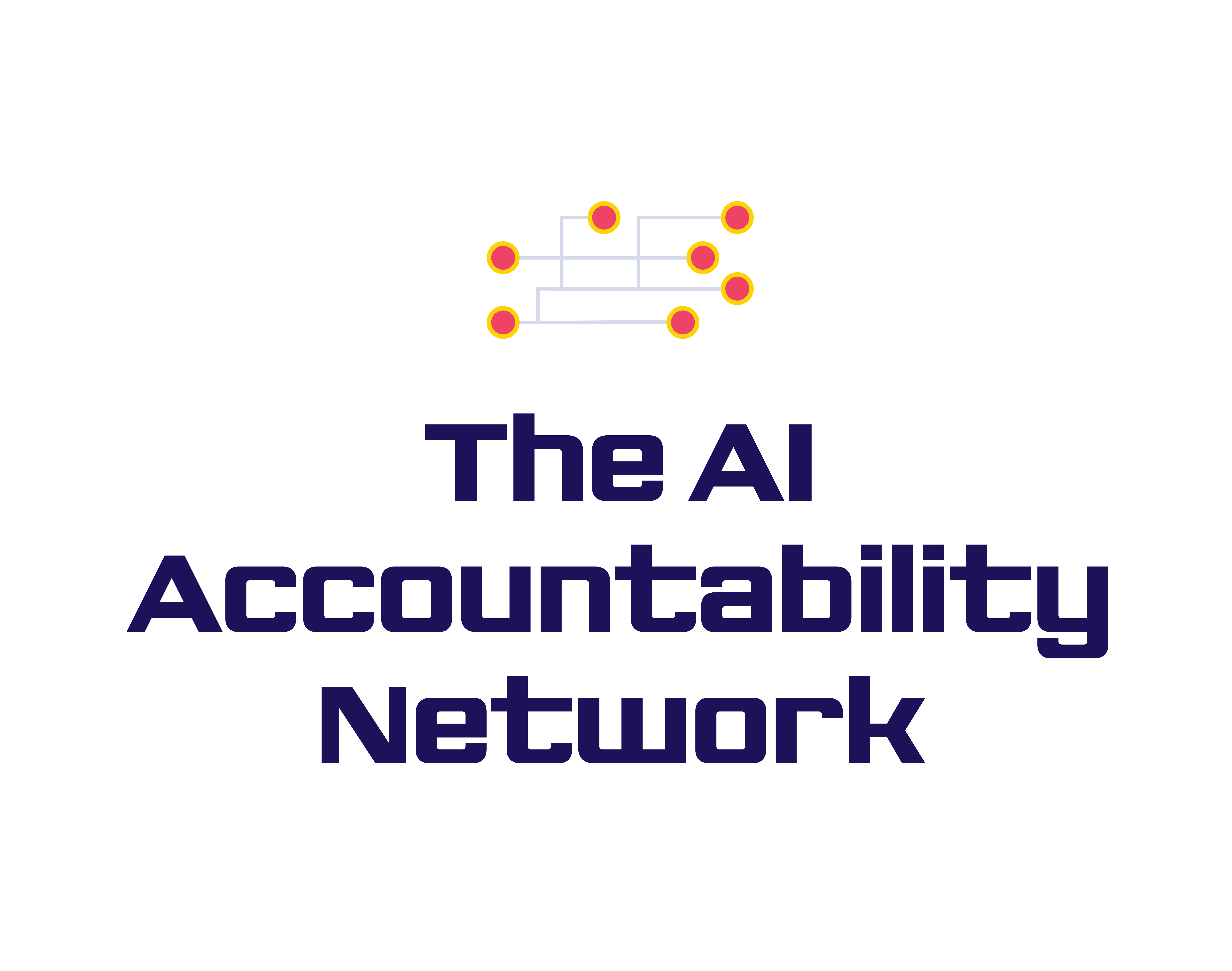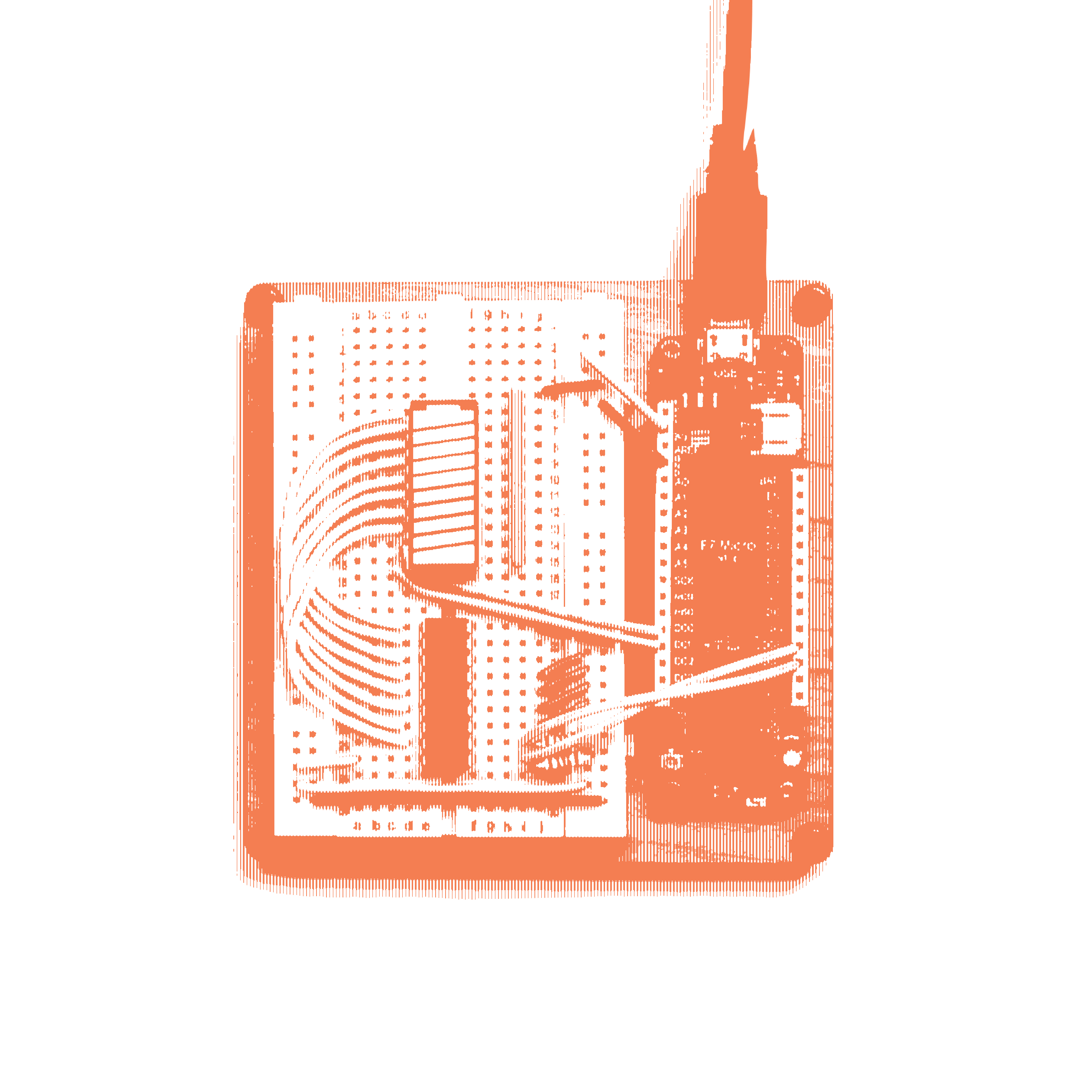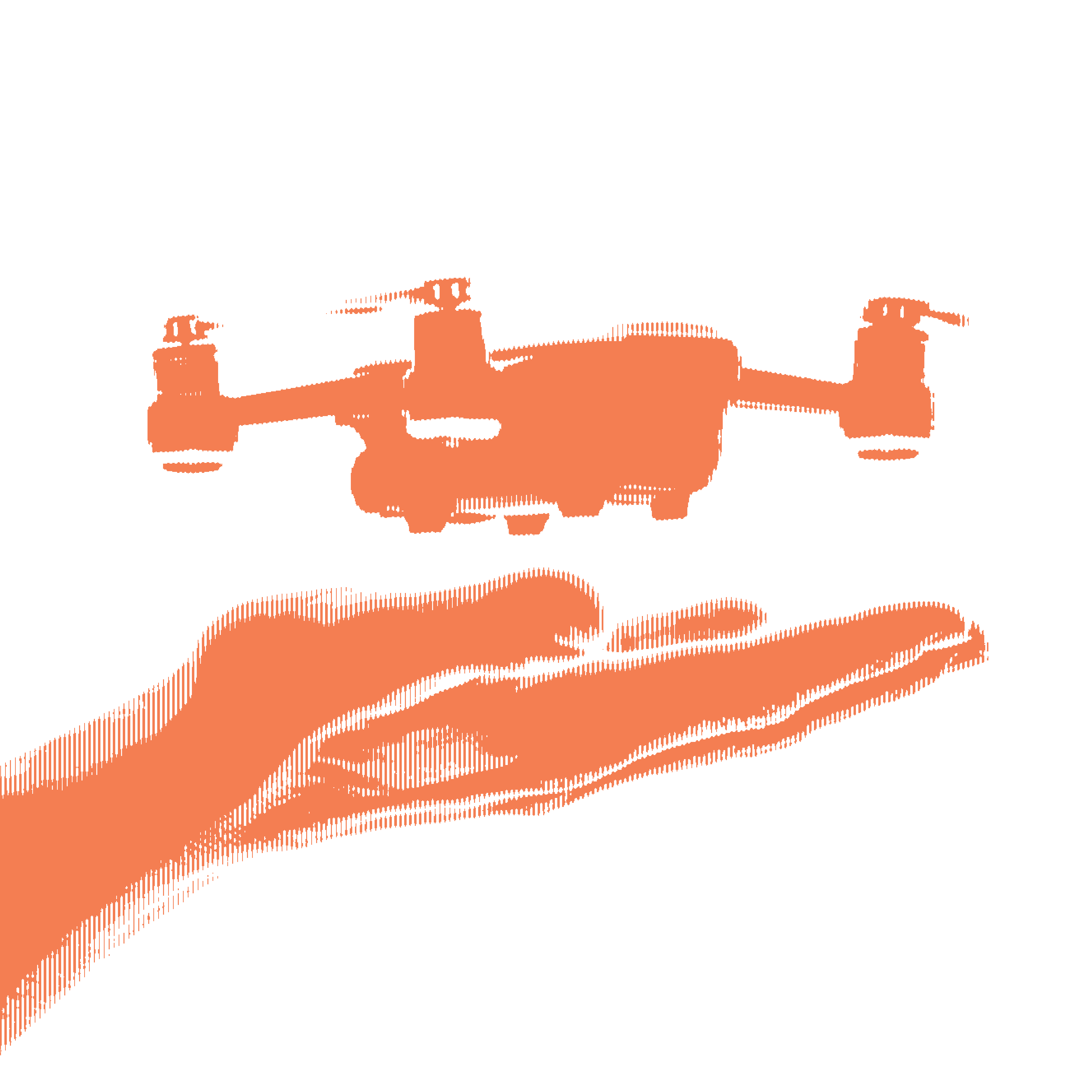Over the last several years, the Narendra Modi-led Indian government has turned to technology to solve its problems, whether it was a push for Aadhaar — India's controversial biometric national ID system — or Aarogya Setu — a contract-tracing app for COVID-19, which was mandatory for months. Both of these technologies have led to hurdles in on-ground execution and have also led to the exclusion of marginalized communities.
More recently, state and federal governments have been imposing the use of tech and apps on healthcare workers, adding to their already-burdened jobs.
This project explores two such recent cases. In one instance, there are accredited social health activists (ASHAs) from Haryana fighting for their digital privacy after being forced to install an app to track their work. In another case, Anganwadi workers (rural child care workers) are being threatened that their pay will be cut if they don't install an app. All this comes in the backdrop of these female healthcare workers being on the front lines during the pandemic. India has at least 100,000 ASHA workers and 1.4 million Anganwadi workers, who are usually paid extremely low wages for their unimaginable hard work.
Digital rights activists say that all of this ties into the larger theme of the Indian government's National Digital Health Mission, formulated last year when the government wanted to create a centralized database by using the rural healthcare workers as "digital mules." Activists warn it is a massive invasion of privacy and is subject to potential misuse.












